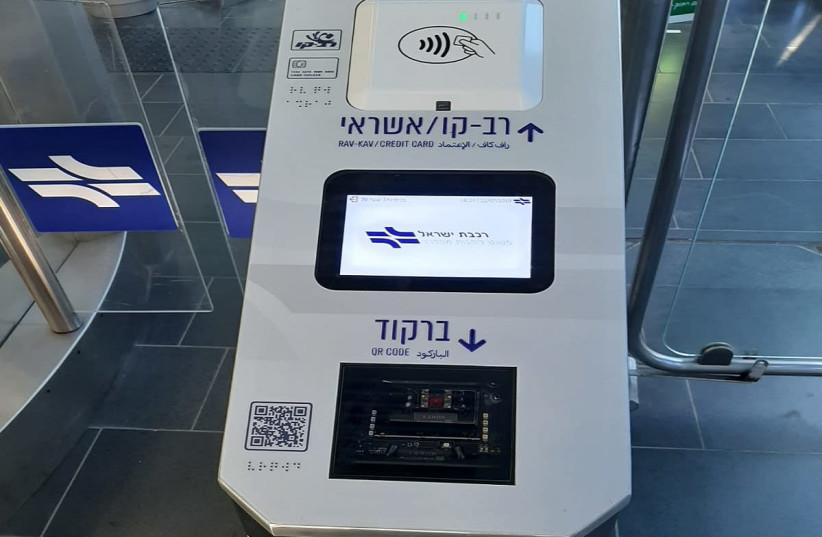Despite the dominance of private cars in Israel, 60% of Israelis use public transport at least once a week, led by the younger generation of Israelis who utilize it most frequently, a Visa survey released this month reveals.
The survey results indicate an urgent demand for innovative, technologically advanced user-friendly experiences, with a particular emphasis on payment methods.
Although private cars remain the dominant choice for 72% of Israelis, the younger generation (aged 18-34) leads the 60% of the population who use public transportation at least once a week.
Respondents signaled an increased demand for mobile payments (46%) and monthly billing options (40%), underlining the need for innovation and efficiency in the transportation sector.
The survey also highlights further transportation preferences. A striking 23% of respondents declared mobile payments as the most crucial feature of public transportation. Around 16% expressed a desire to pay freely without the need for preloading a card, and 17% indicated that they want a payment system that can be adjusted according to their monthly needs.

Israelis are dissatisfied with Rav Kav service
Despite the popularity of the closed-loop Rav Kav card, satisfaction levels are dropping, Visa further found. Only 16% of users reported high satisfaction, a decrease from 20.8% in 2019.
The key concern for 92% of users was the worry of reloading the card, a concern that saw a 28% increase compared to 2019. The need for carrying an additional card (70%) and restrictions on travel beyond predetermined areas (61%) were also identified as significant concerns.
Interestingly, over 30% of respondents have never traveled in a private vehicle on dedicated public transportation lanes. Of those who have, satisfaction levels vary with 19% very satisfied, 27% satisfied, and 27% moderately satisfied. Israelis think the waiting experience at bus stations can be improved, with 33% wanting more and better shades and canopies, and 14% advocating for more benches.
The potential for growth in shared transportation is also evident, with 62% of Israelis stating they are reluctant to use bicycles, scooters, or shared cars.
Visa’s global impact on public transportation
Visa, currently available in over 650 cities with new contactless transportation systems worldwide, has processed over 745 million "Tap to Ride" transactions in the past six months.
With an investment of 9 billion dollars in fraud prevention and cybersecurity in the last five years, the company is steadfast in ensuring a secure infrastructure for these transactions.
This commitment further establishes Visa as a key player in promoting digital payment solutions for a seamless public transportation experience in Israel.
